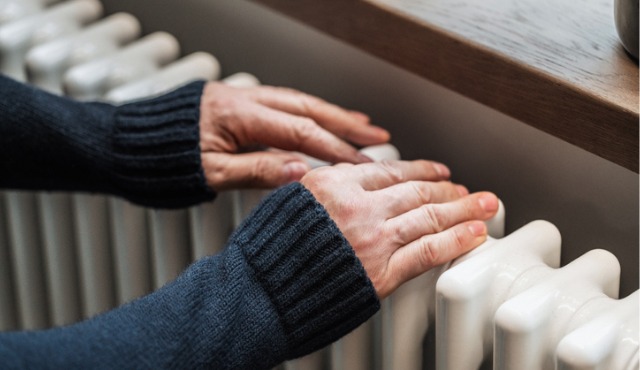By Kara Masterson
Winter can bring along a host of problems, especially when it comes to your home's heating and plumbing systems. You certainly don't want to be caught off guard in the middle of a cold winter night when your HVAC or plumbing systems fail. Therefore, it's important to be aware of the common HVAC and plumbing problems you want to avoid this winter. In this article, we'll discuss some of these issues and give you tips on how to keep your systems in top condition throughout the winter.
Frozen Pipes
One of the most common plumbing problems during winter is frozen pipes. When the temperature drops, the water inside your pipes can freeze, expanding and causing the pipes to burst. This can cause significant damage to your home, potentially costing you thousands of dollars in repairs. To avoid this, make sure your pipes are properly insulated, especially those that are exposed to the cold. You can also let your faucets drip slightly during cold weather to keep water flowing, preventing it from freezing and accumulating. If you do start to run into problems with your pipes freezing over, you should reach out to plumbing services to get the issue addressed before the pipes have time to burst.
Furnace Breakdowns
Your furnace is responsible for keeping you warm during winter, but it can break down if it's not maintained properly. Common issues include clogged air filters, malfunctioning thermostats, and ignition problems. All of these can lead to a furnace breakdown, leaving you without heat in the middle of winter. That's why it's important to have your furnace inspected and maintained before winter sets in. Regular maintenance will ensure that your furnace is working efficiently and is less likely to break down.
Heat Loss
During the winter months, heat loss can be a significant challenge for anyone trying to stay warm indoors. As warm air escapes through tiny openings and poorly insulated walls, your HVAC system works harder to compensate, which can lead to higher energy bills. Fortunately, there are several ways to minimize unwanted heat loss. By sealing air leaks around doors and windows, adding insulation, using draft stoppers, and replacing broken parts of your system with maintenance like a heat pump installation should it prove necessary, you can keep your home warm and comfortable while reducing your energy costs. These simple steps can help you avoid the stress and discomfort of a chilly home and save money in the long run.
Water Heater Malfunctions
A malfunctioning water heater can be a big problem during winter when you need hot water the most. Common issues include sediment buildup, leaking from the tank, and a faulty pilot light. To avoid these issues, it's important to have your water heater maintained regularly. An experienced plumber can flush the tank to remove sediment buildup and check for any leaks or other issues that could cause malfunctions.
Boiler Problems
Older homes typically rely on boilers for heat, which can pose a risk of carbon monoxide poisoning if not properly maintained. Common boiler problems include leaks, faulty thermostats, and valve issues, which can lead to a lack of heat. If you have a boiler, make sure you have it inspected and maintained regularly by a qualified technician to ensure it's functioning properly.
Winter can be difficult for your home's HVAC and plumbing systems, but you can avoid many common problems by taking proactive steps. Make sure your pipes are insulated, have your furnace inspected, reduce heat loss, maintain your water heater, and have your boiler repaired and inspected. Doing so will keep your home warm and safe throughout the winter months.
Kara Masterson is a freelance writer from Utah. She enjoys playing tennis and spending time with her family. If you are looking for a professional roofer, Masterson recommends contacting Precise Roofing & Contracting.








